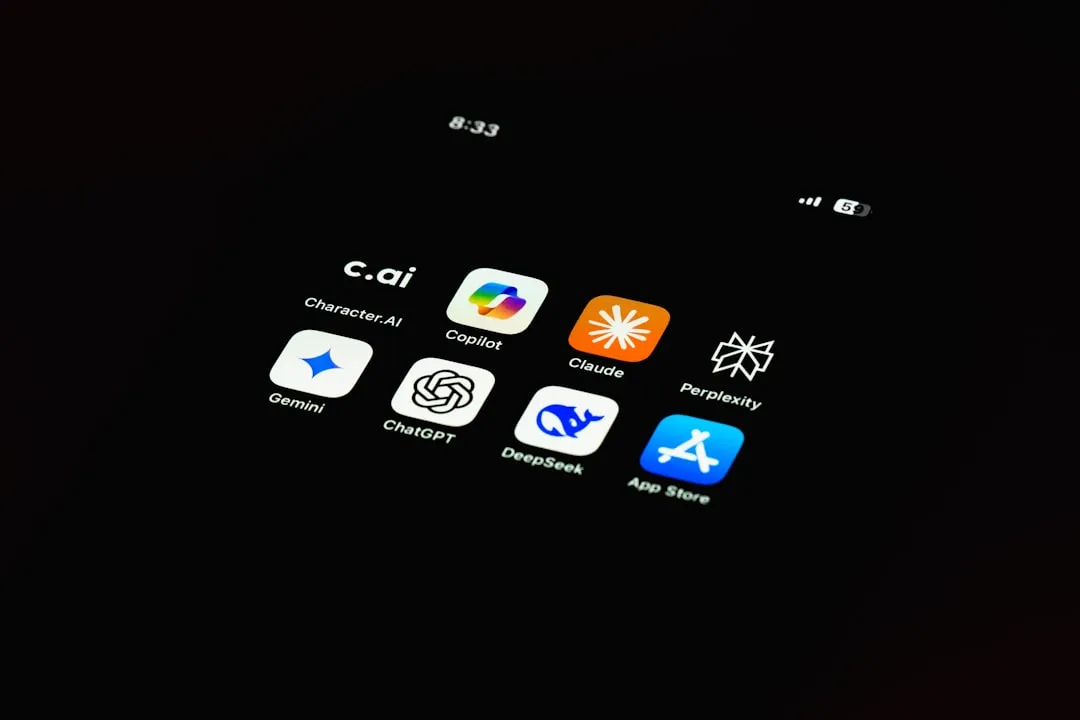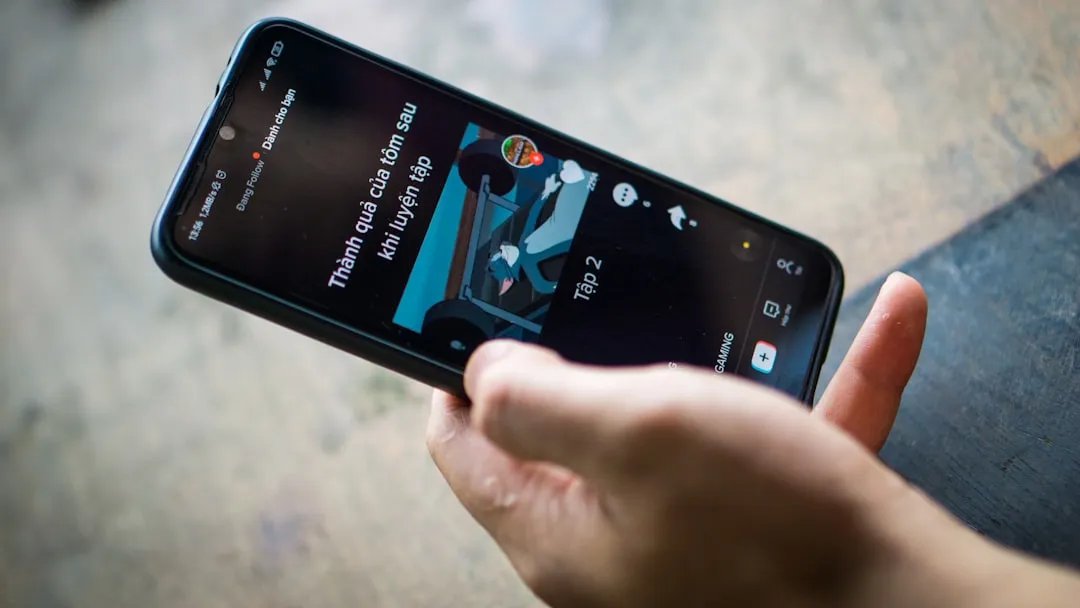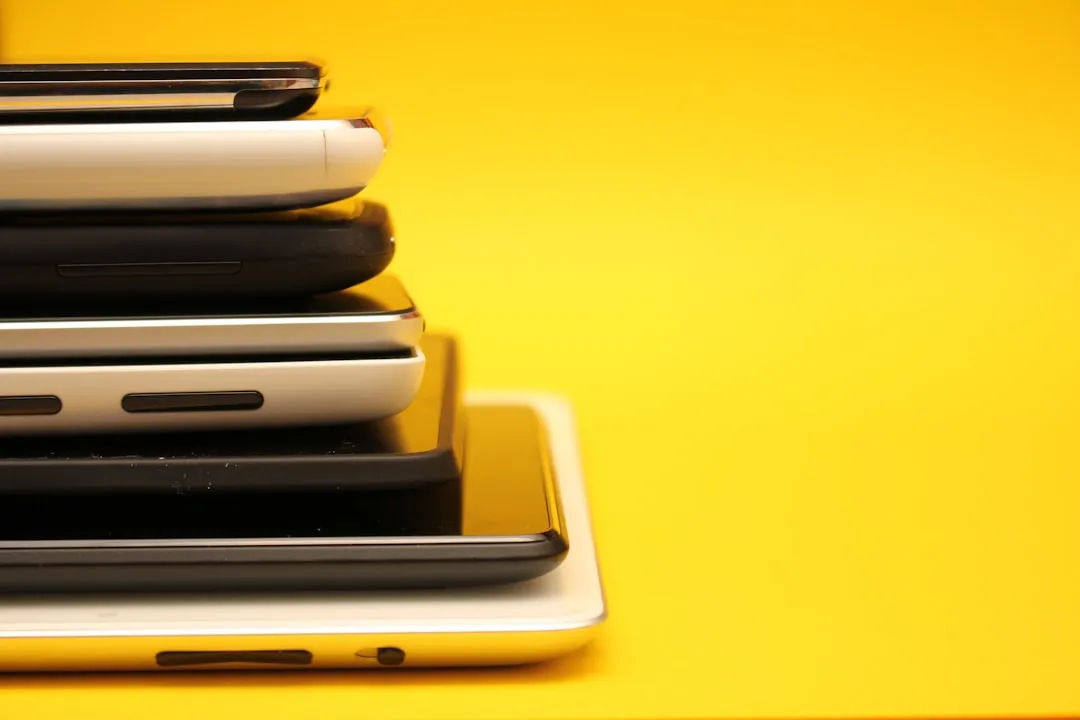Your smartphone is likely full of COVID-19 news and coronavirus panic. These are scary days, and there doesn't seem to be any end in sight. If you're having trouble coping with the stress and anxiety the virus brings with it, know that your iPhone or Android device can actually help you, rather than just bring you further down.
There are plenty of apps in the App Store and Play Store that deal specifically with helping you with stress and anxiety, and we've pulled out the best of the bunch. But don't fret if your favorite meditation app is missing from the list below as we focused on apps designed to tackle stress and anxiety primarily.
While Headspace and others can help with psychological strain, pressure, and inner turmoil, meditation also benefits in a lot of other areas too. So you might find that the apps below help with stress and anxiety more than other apps broader in scope.
- Don't Miss: 10 Best Apps for Improving Your Mental Health
SuperBetter
SuperBetter isn't your average self-help app. Instead of offering a more clinical approach to addressing your issues, SuperBetter turns your fight against anxiety into a game. It's called gamification — the idea that turning responsibilities or actions into a game will both incentivize you to follow through and make the results that much more successful.
SuperBetter uses four key pillars to make its game work:
- Power-ups: small activities you can perform throughout the day (i.e., Hug Yourself) that can boost your health, mood, and energy.
- Quests: tasks you can complete to continue progressing in your mental goals.
- Bad Guys: obstacles you attempt to tackle during the day (i.e., overcoming "The Self-Critic").
- Allies: friends you can add to the app.






The idea here isn't to spend all day playing SuperBetter's games like you would Mario Kart. They aren't really "games" but more like "check here if you did this today" tasks. SuperBetter wants you devoting just minutes a day to the app, but every day. A daily dose of SuperBetter's tasks, in theory, can help you overcome negative thoughts and have a healthier relationship with difficult emotions.






Happify
Happify is an app that uses science-based activities and games not just to give you peace of mind, but to help build skills to cope with negative thoughts, stress, and anxiety in your everyday life. The app uses techniques developed by scientists studying positive psych, cognitive behavioral therapy (CBT), and mindfulness, so there's plenty of credibility here.






Happify works to build six key skills that, it claims, separate happy people from everyone else:
- Savor the moment: reduce stress and negative thoughts.
- Thank those who matter: feel better about your life.
- Aspire to meaningful goals: eliminate dead-end thinking.
- Give of yourself: boost self-esteem.
- Empathize with others: strengthen your relationships.
- Revive your health: improve the way you eat, sleep, & move.
Happify tracks these skills as you work through its activities, so you can see where you're excelling and which areas you need to build upon. Each activity is relatively short, taking only one to ten minutes at a time, so you only need to devote a little time each day to get the full experience.






Mind Ease
Like Happify, Mind Ease is an app that uses activities to help you cope with negative thoughts and develop thinking skills to improve your overall state of mind. That said, the app takes a different approach, as its activities are less like games and more like exercises you'd find in a CBT session.
Mind Ease's activities all work towards giving you more control over your thoughts and feelings, understanding why you feel a certain way, and how best to overcome the negative. The app will also ask you how you're feeling in three different ranges: "Feeling Good" to "Feeling Bad," "Feeling Worried" to "Feeling Calm," and "Feeling Tense" to "Feeling Relaxed."






Along the way, the app tracks your progress in both activities and mood responses, so you can see just how far you've come since starting. Of course, you can run through as many activities as you want in a day, and you can tell Mind Ease how you're feeling to your heart's content.






MindShift
MindShift has a slightly different take on managing stress and worry. The app, created by Anxiety Canada, aims to curtail panic, perfectionism, social anxiety, and phobias, through CBT-based tools. Anxiety Canada is made up of a large committee of scientific contributors, so it's not just another app on the store claiming to solve your problems.
There are ten main ways MindShift aims to help you with your anxiety:
- Quick Relief: quick tools to help if you're having trouble this second.
- Thought Journal: write down your thoughts and identify patterns of thinking that keep you locked into anxiety.
- Coping Cards: helpful statements to ease your mind.
- Belief Experiments: teaches you experiments to test beliefs that can trigger anxiety.
- Facing Fears: forces you to face your fears, but in small, manageable ways.
- Expanding Your Comfort Zone: pushes you to do new and challenging things.
- Chill Zone: in-app guided meditation.
- Check-In: tracks your anxiety over time, not unlike other apps mentioned here.
- Healthy Habits: helps you develop habits that will help improve your headspace.
- Goal Setting: you set a goal for yourself, and MindShift enables you to track and keep to it.






If this seems like a long list, that's because the app is chock-full of content. For a free app, MindShift has resources and activities tucked away in every corner. All ten pillars noted above are woven throughout the app, so you'll find the guided meditation library under "Chill Zone," while "Facing Fears," "Comfort Zone Challenges," and "Health Habits" are all under one section.






Sanvello
Sanvello is an excellent all-around package. If you're looking for guided meditation, Sanvello has you covered. If you're looking for an app that checks in on your feelings weekly, Sanvello does that, too. If you're looking for good news at the end of a hard week, guess what, Sanvello's here to help.
Sanvello's best features are its intensive questionnaires. When you first boot up the app, you answer a few questions about yourself, your mental health, and your goals. Seems simple enough, right? Well, just wait.




Once you finish the first round of questions, Sanvello hits you with 21 questions about your week. You'll be asked about how you felt in certain situations, if you were feeling down, if you felt specific types of anxiety, and so on. It might be the most anyone's ever asked you about your emotions. At the end of it all, you receive three check-in scores, one for anxiety, one for stress, and one for depression. It's something you can do once a week, and it helps Sanvello guide the rest of your treatment in the app.






Once you complete your check-in, you're ready to explore the rest of the app. You can participate in guided meditations, read some good news to counter the scary news of the week, journal, and set health habits, among many, many other tools.






Moodpath — Depression & Anxiety
If you're super data-driven, Moodpath might just be the app for you. Its core functionality is simple: answer some questions every day (or multiple times a day, if you'd like), and let Moodpath plot that data in your calendar. As time goes on, you can see how your mood changes day by day, week by week.






While there are other functionalities in the app, like guided meditation and articles on depression, stress, etc., most of those features are locked behind a paywall. If you want to pay to access those features, they'll surely enrich your Moodpath experience. That said, the free app is great for keeping track of how you're doing mentally. Your health might improve by just seeing your progress on the calendar!






Antistress
Antistress is quite simple but could be quite powerful for you as well. On the surface, it's a collection of what seems like an endless supply of mini-games. Some are as simple as flicking a switch, while others are a little more complex, like puzzles. All the games are designed to be easy, mindless, and, of course, stress-free.
If you're looking for a rich, deep gaming experience, Antistress isn't the app you want to open. Rather, it's a collection of games to play when you're not feeling well. If stress and anxiety have you overwhelmed, try popping Antistress open and playing a few of the games here. The simplicity might just be what you need, rather than a stressful game of PUBG.






Youper
Youper might have a strange name, but it's an app with a noble mission. Think of Youper as an AI therapist, set up like a chat thread. You choose from a preset of responses, and Youper conducts the chat accordingly. It'll ask you all about yourself and your mental health, to paint a picture of how you're doing and what it is you want to achieve.






Youper handles emotional data in an exciting way. When it asks how you're feeling, you simply choose from a range of emotions. Once you do, however, you can set a slider to the exact "percentage" of that emotion you're feeling. It's a totally unique way to go about it and makes you feel in control of your emotional reflection. Youper even lets you take a survey after to dive deeper into what is causing that level of emotion in your life.






While it might feel like you're chatting with a therapist, Youper is really logging all of your data into your profile. When you're done chatting, you can take a look at your progress and see how you were feeling on any given day. It's a sound system for comparing today's feelings to yesterday, last month's, etc., and for understanding how different factors in your life are positively or negatively affecting your mental health.






Cover image and screenshots by Jake Peterson/Gadget Hacks

























Comments
Be the first, drop a comment!